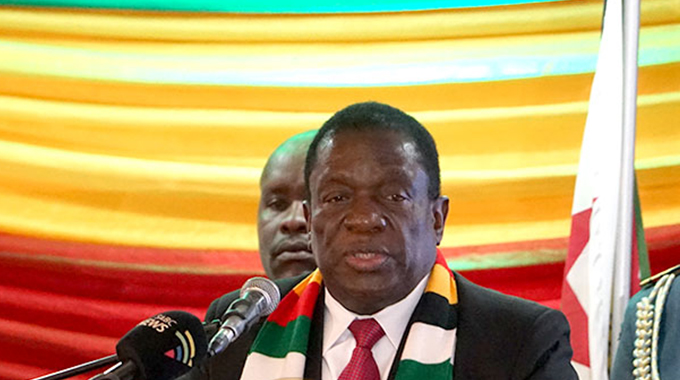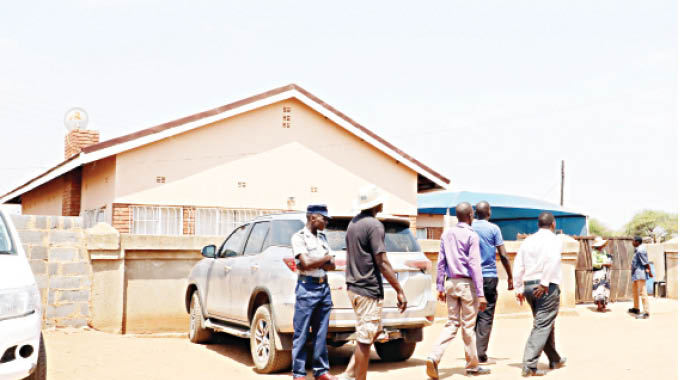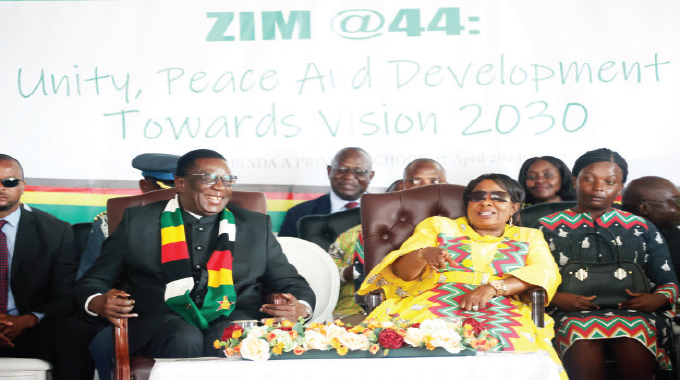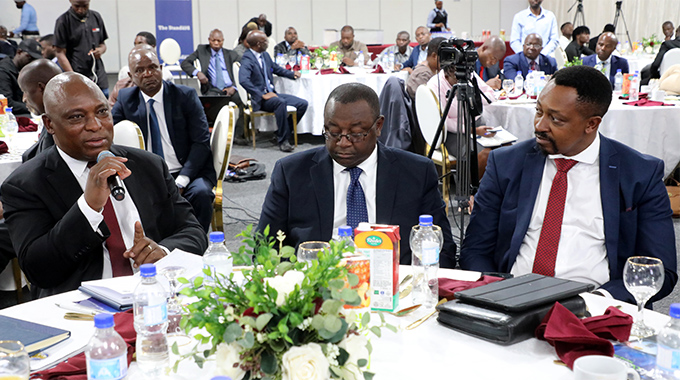EDITORIAL COMMENT: Access to national documents is a basic human right

GOVERNMENT’s decision to constitute a commission to address the lack of documentation for people, particularly in the Matabeleland and Midlands provinces, is a huge step in the right direction as it will ensure that the issue is attended to once and for all and the affected people receive the critical documents like birth certificates, passports and national identity cards.
The Second Republic under President Mnangagwa has pledged servant leadership and has been responsive to the decades-old grievances of Zimbabweans in various parts of the country with the aim of putting closure to some niggling issues like Gukurahundi.
One of the enduring legacies of that era is the disenfranchisement of thousands of people who were victims of the post-independence disturbances to the extent that most survivors of that episode suffered not only the trauma of losing their loved ones but were subsequently left in a quandary as they could not get death certificates for family members killed during Gukurahundi.
You can’t get a death certificate unless you know where someone died, the circumstances surrounding their death and burial place. Without a death certificate, orphans whose parents died during that era are unable to get birth certificates, IDs or passports as the three are interlinked.
Rendered virtually Stateless, most of these youths are among thousands who have migrated to South Africa, Botswana and other neighbouring countries in search of a better life.
Besides Gukurahundi, most people in Matabeleland face challenges in accessing important documents such as passports and IDs for different reasons. Some are victims of rape whose offspring face challenges in getting birth certificates while some parents leave for South Africa and Botswana before obtaining birth certificates for their children whom they would have left in the custody of grandparents.
Passports have assumed greater importance in this part of the country due to the prevailing economic challenges which have seen many people engaging in cross border trade. However, the Registrar General’s Office has been unable to process passport applications timely resulting in a huge backlog and a rise in illegal border crossings.
While we aware that Government is seized with the matter and sourcing funds to buy critical consumables used in the manufacture of passports, we feel it should also nip corruption at the RG’s office in the bud and ensure that everyone has a fair chance of accessing the document without having to pay a bribe. It should also open up more registry offices in provinces and districts to expedite the issuance of national documents.
We note that it has mandated the Zimbabwe Human Rights Commission to address the issue of lack of documentation among Zimbabweans by the end of 2020 and feel this objective is achievable. So far, the Commission has covered Matabeleland South, Matabeleland North, Midlands, Masvingo, Manicaland, Mashonaland Central and Mashonaland East.
This week it is in Bulawayo where it is conducting hearings on a select number of witnesses who have had challenges accessing national documents. The main objectives of the national inquiry are to determine the root causes and factors that hinder easy access to national documents, review the effectiveness of existing laws, policies, procedures and institutions relating to access to national documents in the country and formulating recommendations and follow ups to address the barriers.
The Commission also wants to assess the impact of lack of documentation on the enjoyment of human rights that are guaranteed under the country’s Constitution, international and regional laws.
ZHRC chairperson Dr Elasto Mugwadi, said they were aware of the challenges faced in accessing national documents such as passports and birth certificates. “As ZHRC, our mandate is to enforce the enjoyment of human rights, their promotion and protection and our target is to have no stateless people by end of 2020. No one should by end of 2020 be facing challenges of documentation. We also have been following the challenges in terms of issuance of passports,” he said.
“It is mandatory that the Registrar-General’s Office is represented at the highest national level as well as at provincial and district levels. Our working period is only three months and if nothing has been done, we will help approach the Registrar-General’s Office.”
Dr Mugwadi said lack of access to birth certificates by a significant part of the country’s population was an issue of great concern from a human rights perspective.
“A person who is not registered does not exist legally and therefore not a citizen of the country hence they run a substantial risk of falling outside the reach of Government’s protective measures towards them,” he said.
We applaud the work of the Commission and hope it will address the issue of lack of documentation in the country. We urge the people of Bulawayo and it surroundings to attend the ongoing hearings so that they aid the work of the Commission.











Comments